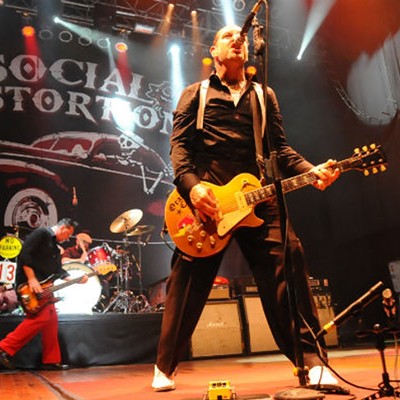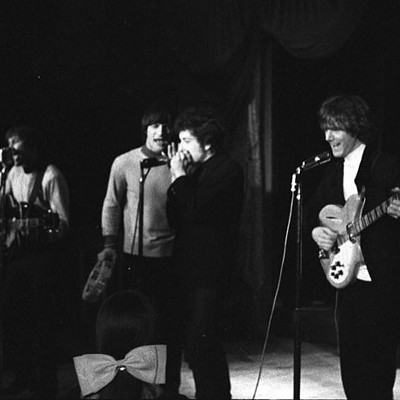My day gig is as a clerk in pretty much Houston's last full-service sheet music store, so if you ever want to come down and comment in person I'm there most days explaining to people the difference between a violin and a fiddle. The difference is no one gets mad when you spill beer on a fiddle.
One of the more interesting aspects of my job is that I get obscure music professional publications, and on the rare occasion when it's not so busy I'll flip through them. Last month we got an issue of The American Organist which has been providing church organists with church organ-related articles for 140 freakin' years!
I discovered reading this issue that playing the organ can apparently kill you. Though it doesn't happen so often these days, an article on the last page of the magazine revealed that a century or so back at least seven people died in the middle of performance from ailments brought about from over-exertion while playing.
In a move that can only be described as an attempt at humor by a capricious god, Professor Henry A. Foster, the organist at St. Andrew's Church in Meriden, CT, was playing "Te Deum" on February 5, 1888 when he was struck with an immediate paralysis and had to be carried home, the entire left side of his body immobilized. Though an exact death date resulting form the incident wasn't recorded, The New York Times reported his recovery as doubtful.
God does tend to be pretty attendant in His house. Another man, Dr. Clare W. Beams, said in his life that he wished to die in the midst of music. He got his wish on June 12, 1887 when he suddenly collapsed while playing the Sunday service at First Reformed Church of Nyack, NY. Dr. Beams had suffered a heart condition all his life, and just before he passed with his last performance unfinished remarked, "I feel it coming now. The end is very near this time."
An ironically macabre organist death happened in Paris of that same year at the church of St.-Honore d'Eylau. A funeral was in full swing, and one M. Covin was engaged to send off the deceased with an original funeral dirge he had been playing after a soulful rendition of "Dies Irae." Suddenly the music stopped, and after a few moments of awkward silence someone had noticed that Covin had fallen to the floor, senseless. It was eventually determined that he had died of an aortic aneurysm.
At least Leopold de Grandval of St. Michael's Church in Jersey City, N.J., finished the funeral he was playing in 1902 and decided he could use a little practice. Moments later, the sexton noticed silence and found Grandval dead at his keyboard.
Story continues on the next page.






